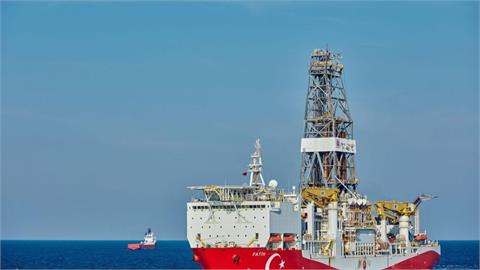Brent is expected to regress lower from $75 per barrel (/b) in the second quarter (Q2) of the year to end Q3 and Q4 2021 at $73/b and $64/b, respectively, and to average $58/b in 2022, a report said
Oil prices have remained firm this week owing to an ongoing easing in international travel as well as another big draw in US crude inventories, which offset uncertainty surrounding potential contagion effects from China’s Evergrande fallout, said the Mitsubishi UFJ Financial Group, a Japanese bank holding and financial services company, in its latest “Oil Market Weekly”.
“The balancing of cyclical demand headwinds with structural supply tailwinds, leads us to remain neutral-to-bearish on oil prices going into the final quarter of 2021 – notwithstanding bullish impulses stemming from spillovers of the gas markets crisis into oil,” MUFG said in the report.
“We remain tactically bullish for the week ahead, with positive catalysts moving at pace stemming from the knock-on effect of the gas supply crunch leading to an even tighter physical oil market, the continuing draws in stockpiles and mobility easings continuing apace. The blowout in Brent crude timespreads in recent trading days suggests that the pathway to $80/b is coming into view.”
Global gas prices have surged driven by a myriad of events that have all added up – LNG supply outages; steep declines in European gas production; below average renewable power output; and lower-than-expected Russian exports to Western Europe.
With Europe heading into winter with well-below gas inventory levels, markets are progressively fixated on both the magnitude of imported gas/LNG to the continent and how much oil can replace gas in the months ahead.
For an oil markets perspective, we estimate that the conceivable capacity for gas-to-oil switching at 1.9 million barrels per day (b/d) across Europe, Asia and the Middle East. Should only a fraction of this potential switching occur this winter – in tandem with rising demand for heating oil – then this could result in a global oil demand surge of between 1-2m b/d for 3-6 months, the report noted.
(TradeArabia News Service, September 23, 2021)




